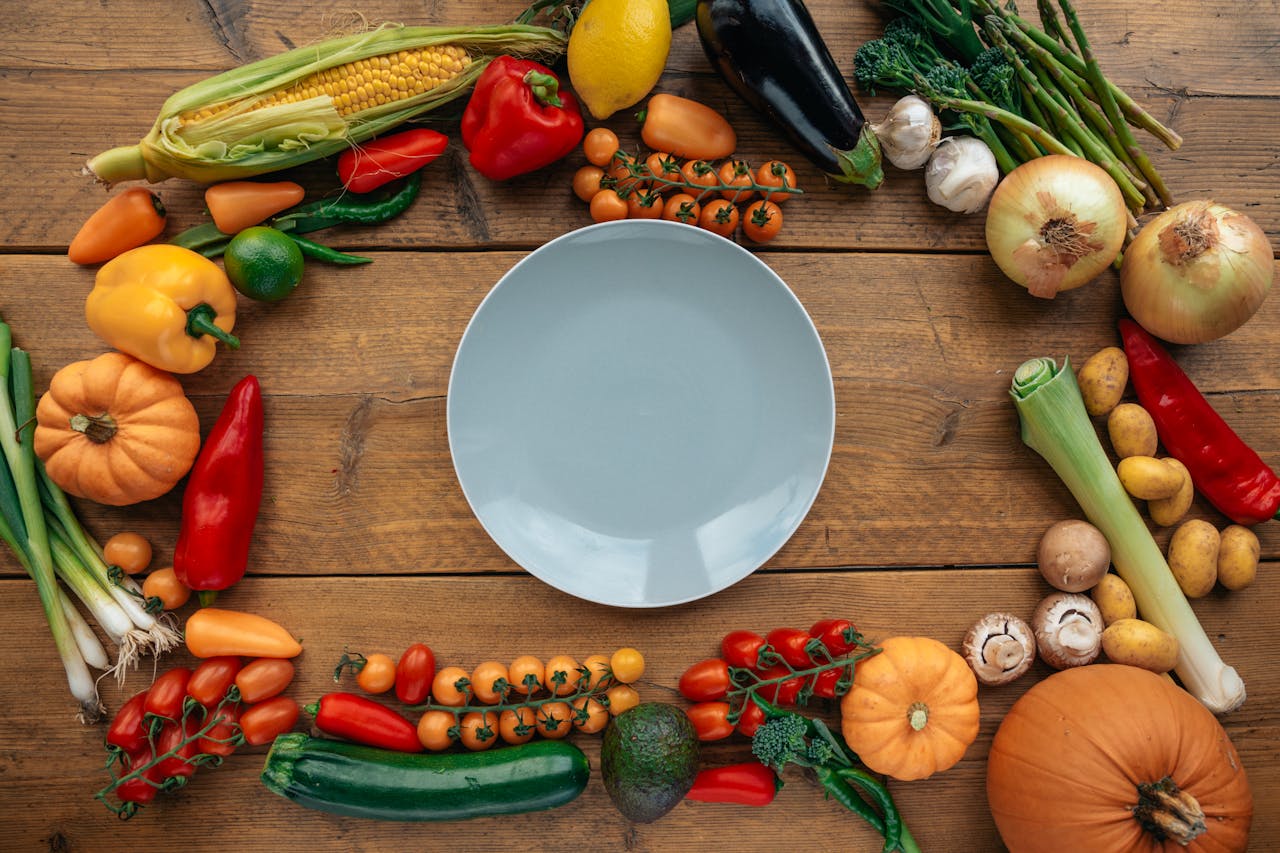Shedding Light on Nightshade Vegetables
Shedding Light on Nightshade Vegetables. A Guide for Autoimmune Wellness
Hey there, fellow wellness seekers! Today, let’s talk about something that might be lurking in your diet and impacting your health more than you realize: nightshade vegetables. Now, before you start picturing veggies shrouded in darkness, let me shine some light on what exactly nightshades are. As well as why they might not be your best friend, especially if you’re dealing with autoimmune issues.
So, what exactly are nightshade vegetables? Well, they’re a group of plants belonging to the Solanaceae family. Which includes some common veggies like tomatoes, potatoes, eggplants, and bell peppers, among others. While they might seem innocent enough, for some individuals, particularly those with autoimmune diseases, these veggies can be like little saboteurs wreaking havoc on your health.
Why Do I Need to Avoid Them
You might be wondering, “Why should I steer clear of nightshades if I have an autoimmune disease?” Great question! Nightshades contain certain compounds like alkaloids and glycoalkaloids, which can trigger inflammation and exacerbate symptoms for those with autoimmune conditions. These compounds can disrupt the delicate balance of our immune system, leading to increased inflammation, pain, and discomfort.
Now, you might be thinking. “But I’ve been eating tomatoes and potatoes my whole life, and I’ve been fine!” And hey, that might be true for some folks. But for others, especially those with autoimmune conditions like rheumatoid arthritis, lupus, or inflammatory bowel diseases, nightshades can act as a catalyst for flare-ups and exacerbate symptoms like joint pain, digestive issues, brain fog, and even anxiety.
Let's Dive Deeper

Let’s delve a bit deeper into how nightshades can wreak havoc on your digestive system. The alkaloids found in these veggies can disrupt the delicate balance of your gut microbiome, leading to intestinal permeability (aka leaky gut). This means that your gut lining becomes compromised, allowing undigested food particles, toxins, and bacteria to leak into your bloodstream, triggering an immune response and further inflammation. Not exactly the recipe for a happy gut, right?
So, what’s a wellness warrior to do? Well, the good news is that there are plenty of delicious and nutritious alternatives to nightshade vegetables that can still satisfy your taste buds without aggravating your autoimmune symptoms. Opt for anti-inflammatory veggies like leafy greens, cruciferous vegetables (think broccoli, cauliflower, and Brussels sprouts), sweet potatoes, and squash. These options are not only packed with vitamins, minerals, and antioxidants but are also gentle on the gut and less likely to cause inflammation.
Your Journey Is Unique to You
Remember, your journey to optimal health is unique to you, and it’s essential to listen to your body’s cues. If you suspect that nightshade vegetables might be contributing to your autoimmune symptoms, consider eliminating them from your diet for a few weeks and see how you feel. Keep a food journal to track any changes in your symptoms, and don’t hesitate to reach out to a holistic wellness coach or healthcare professional for support and guidance along the way.
In conclusion, while nightshade vegetables might be a staple in many kitchens, they might not be the best choice for those dealing with autoimmune conditions. By being mindful of what you put on your plate and choosing nourishing, anti-inflammatory foods, you can support your body’s natural healing process and embark on a journey towards greater health and vitality. Here’s to thriving on your wellness journey, one delicious bite at a time!




